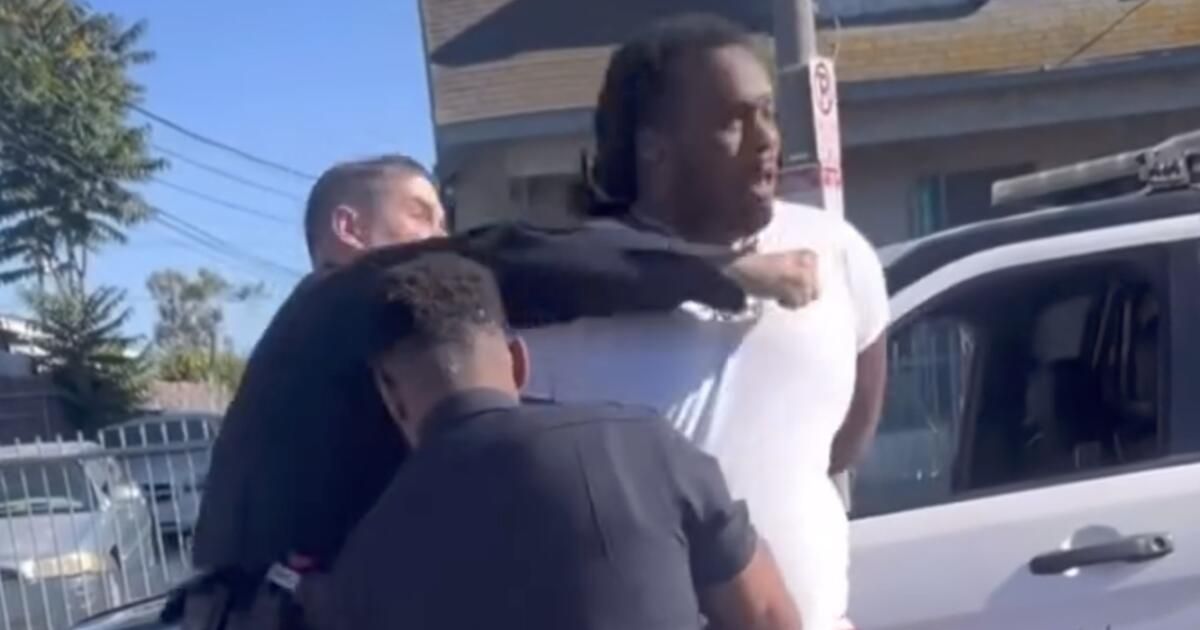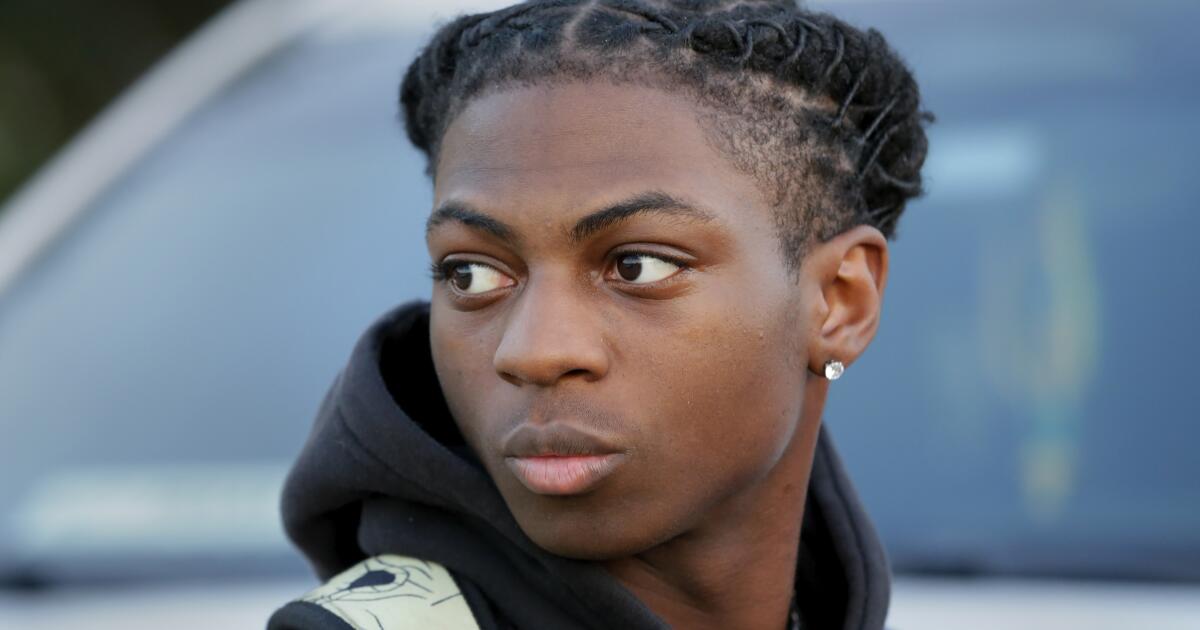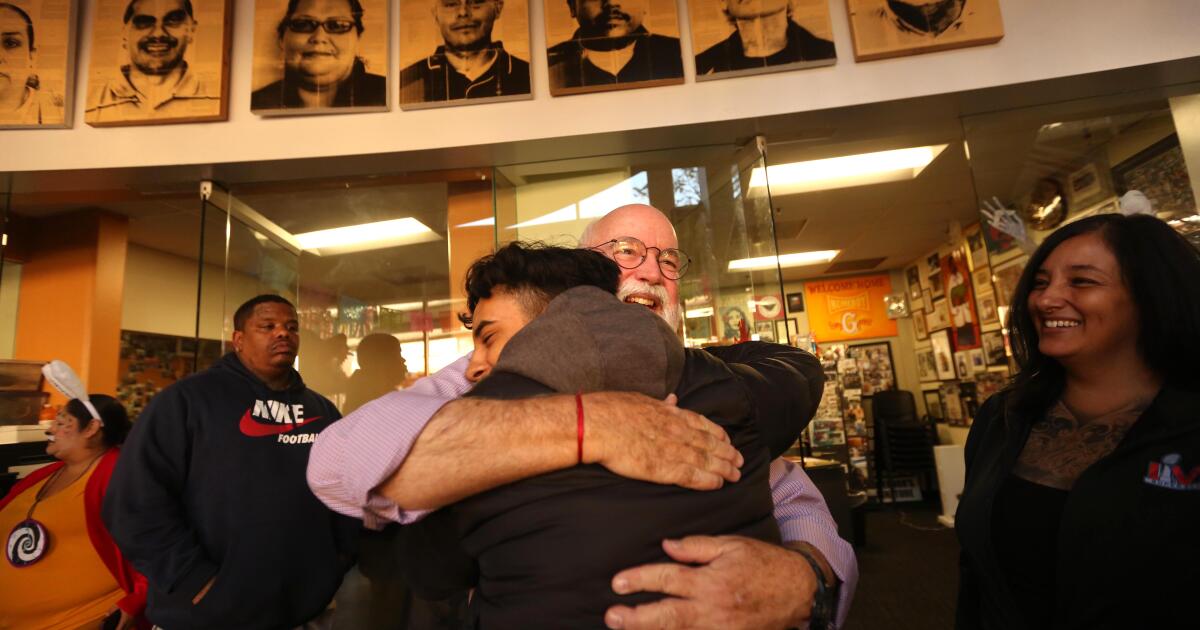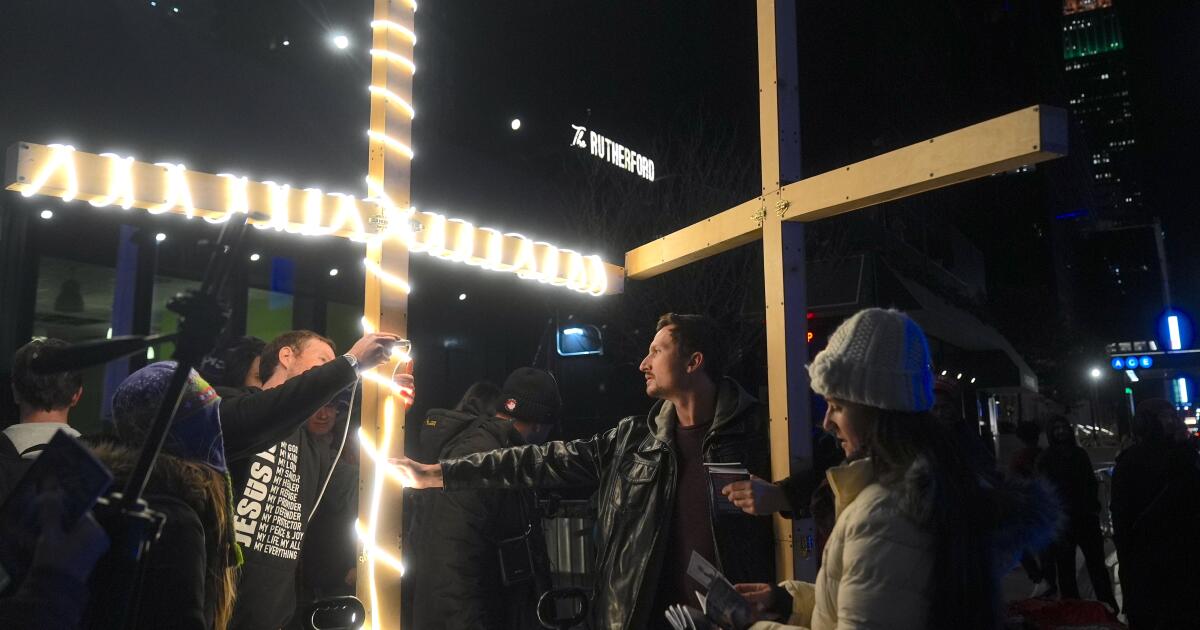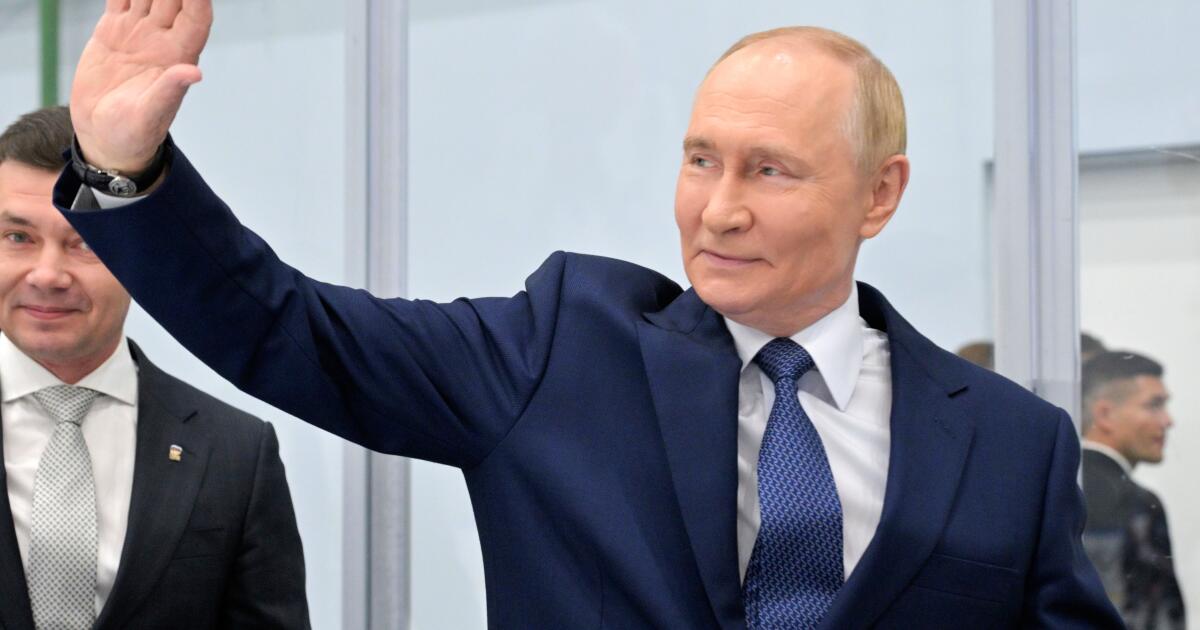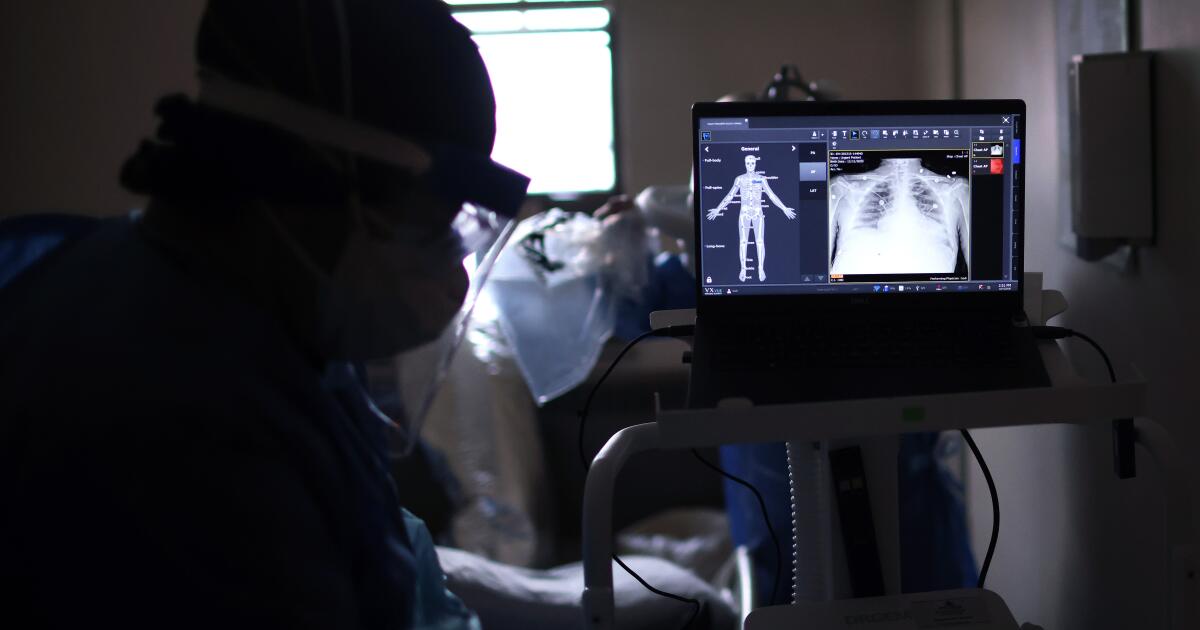“What did I do?” Alexander Donta Mitchell asked. A Los Angeles police officer responded by punching Mitchell in the face.
Mitchell's crime was double-parking, waiting for a friend. Instead of telling him to move, one of the officers opened the door, ordered Mitchell out, handcuffed him and beat him. It was a disheartening example of unnecessary police escalation.
A bystander video of the July 28 incident went viral and sparked outrage, but that’s not unusual. Los Angeles residents see this kind of thing all too often. They see officers who appear to follow a set of rules unknown outside the police world, such as delivering a “distraction hit,” which means hitting someone like Mitchell in the face to take control of a deteriorating situation. They escalate a confrontation, supposedly to de-escalate it.
This leaves people arrested or detained by police bewildered, angry and rightly wondering, “What did I do?” Officers who believe they were following the rules may be asking the same question when they are yelled at by bystanders, berated on the evening news and investigated for disciplinary charges.
This kind of tension is a problem in almost every big-city police department, but it is especially prevalent in Los Angeles. The LAPD is considered by many to be the best-trained, most disciplined, and most storied law enforcement agency in the country. And yet it is currently adrift, with officers resentful of their leaders and a public that is often resentful of officers. The LAPD lacks a sense of mission. It lacks leadership.
That's something Mayor Karen Bass should keep in mind as she prepares to select a new police chief from a list of three candidates the Board of Police Commissioners sent her in late August.
Los Angeles needs a chief who is prepared to reform the department’s culture and practice, reestablish a strong sense of organizational identity, and reorient officers to live up to the LAPD’s reputation as the most innovative and responsive department in the country. And the new chief must do this in tune with the public, which needs and, by and large, wants a department it can trust to keep neighborhoods safe and criminals at bay. Angelenos want to know the rules of engagement, and they expect officers to know them, too.
What do amorphous notions like leadership and identity mean? There is no agreed-upon checklist, but the new chief will be on the right track if he can help officers better respect those they police, adhere to high standards of integrity and understand how their work fits in with that of other first responders, such as mental health workers. The chief must also communicate to officers that their work is respected and that their psychological needs are being addressed — because policing is a harrowing job.
The Los Angeles Police Department currently appears to have no clear direction. The evidence goes beyond “distraction attacks” that are too often mere expressions of anger. It goes beyond unnecessary shootings or tasing of people with mental health issues or anxiety, or destroying homes and betraying those they are supposed to protect. Police in the Mission Division have been under investigation for more than a year on suspicion of what amounts to armed robbery of innocent motorists under the cloak of law. Officers in other parts of the city have been accused of falsifying records. Racism and sexism are serious and persistent problems.
The debate over the new chief of the Los Angeles Police Department has centered on whether the department will be ready for the 2026 World Cup and the 2028 Olympics. It has centered on whether it is better for the chief to be someone from within the LAPD who knows the department’s culture or someone from outside who brings new ways of thinking. And it has centered on glass ceilings and identity, asking, for example, whether it is time for Los Angeles, with more than half of its residents and its police rank and file being Latino, to have a Latino chief, like former LAPD chief of operations and current district attorney chief of investigations Robert Arcos. Or former Houston and Miami police chief Art Acevedo.
Or, in a city that just elected its first black mayor, and at a time when America is seriously considering electing its first black female president, it’s about time the LAPD got its first black and first female chief, like Emada Tingirides, deputy chief in charge of the South Bureau. All of them are rumored to be on the secret list of candidates Bass is considering, as are others.
These aren't the wrong questions, but they aren't the only ones either. Los Angeles urgently needs a chief who will raise the department's standards and performance, and along with that, the morale of its officers and the public's trust.

